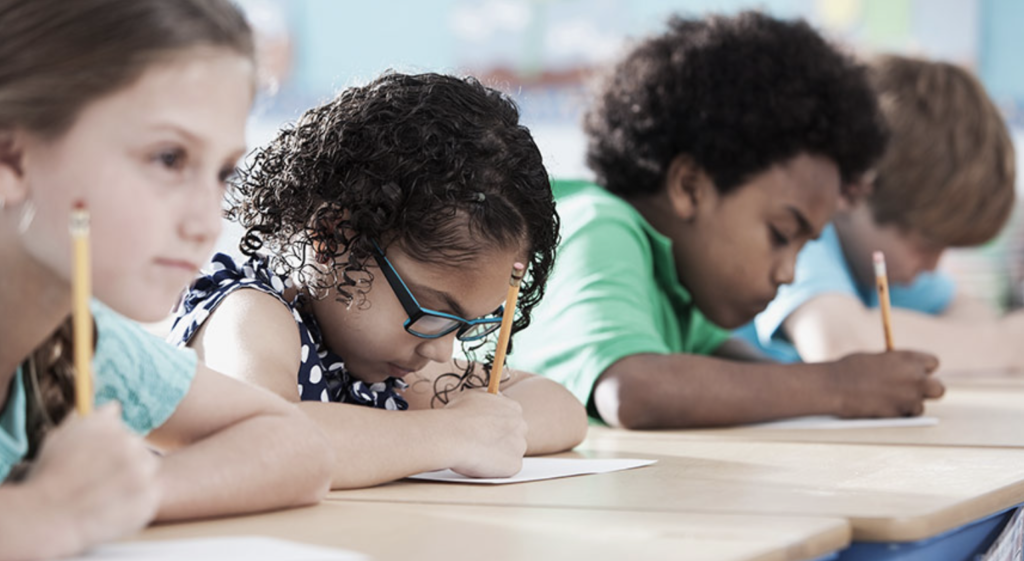In the dynamic landscape of special education, catering to the diverse needs of students is critical. One effective strategy for achieving this is the implementation of exposure and mastery goals. These goals not only ensure alignment with state standards but also accommodate the unique learning styles and abilities of each student.
Exposure goals focus on introducing students to new concepts and skills, providing a foundation for future learning. On the other hand, mastery goals aim for a deeper understanding and proficiency in specific areas. Striking a balance between these two types of goals allows educators to scaffold learning experiences, meeting students where they are and guiding them toward academic success.

I often times use exposure for addressing grade level state standards when the students academic abilities are significantly below grade level. I do want to expose the student to the topic, but their level of understanding may look differently. I also set mastery goals for what their level of mastery will look like for that standard, understanding that some skills are still being developed.
An essential aspect of effective lesson planning in special education is aligning exposure and mastery goals with state standards. By doing so, educators create a roadmap that ensures students are exposed to and master the skills deemed necessary for their grade level. This alignment not only facilitates academic growth but also aids in the transition between educational levels.
Since every student in a special education setting possesses a unique set of strengths and challenges, it’s crucial to differentiate exposure and mastery goals accordingly. Personalizing goals allows educators to tailor instruction to the specific needs of each learner, fostering a more inclusive and supportive learning environment.
Exposure goals act as stepping stones, laying the foundation for future academic success. When creating exposure goals, educators should consider the diverse learning modalities of their students. Utilizing visual aids, interactive activities, and hands-on experiences can enhance the exposure process, making it more engaging and accessible.
Mastery goals aim for a comprehensive understanding and application of skills. To design effective mastery goals, educators should conduct ongoing assessments to gauge students’ current levels of proficiency. Breaking down complex concepts into manageable steps and providing targeted interventions for areas of difficulty can empower students to achieve mastery.

Regularly monitoring student progress is essential for refining exposure and mastery goals. Data-driven assessments, both formative and summative, offer insights into individual growth. Educators can use this information to adjust goals, ensuring they remain challenging yet achievable for each student.
Encouraging a growth mindset is fundamental in a special education setting. Emphasizing the value of effort, perseverance, and a willingness to learn fosters resilience in students. Exposure and mastery goals play a pivotal role in cultivating this mindset, showing students that their educational journey is a continuous path of growth and development. This can also help students to gain the motivation to learn.
In conclusion, the strategic integration of exposure and mastery goals in special education classrooms not only aligns with state standards but also acknowledges the diverse learning needs of each student. By tailoring instruction, differentiating goals, and cultivating a growth mindset, educators can create an environment where every student can thrive academically and personally.
Here are some more research articles:
What are you looking for?
COPYRIGHT © 2025 Full SPED Ahead